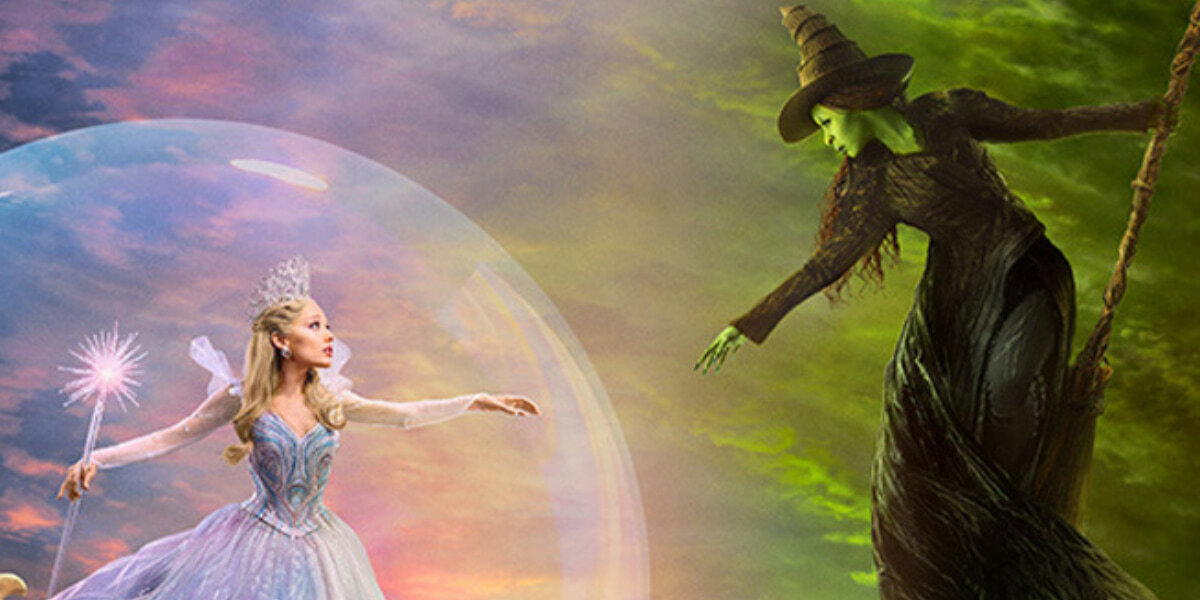You’re filled with a sort of giddiness in the theaters when the lights go dim and the faint sound of music starts to filter out through the speakers above. As the dark screen transitions to the criss-crossed mast of a steamship surrounded by a fog, you know that “Wonka” has finally started. Welcome to the world of flying chocolate, a snarky Oompa Loompa, and Timothée Chalamet wearing a magical top hat that produces hot chocolate.
Directed by Paul King, “Wonka” is a musical fantasy film based on Roald Dahl’s famous novel “Charlie and the Chocolate Factory.” “Wonka” is the origin story of Willy Wonka, an eccentric chocolatier, taking the audience on a journey to see how he became the world’s most famous chocolate-maker. The movie starts off showing Willy Wonka (Timothée Chalamet) returning to land after a long time sailing around the world with nothing but 12 silver sovereigns and a dream to start his own chocolate business.
His hopes, however, are quickly shattered as he realizes that the world isn’t as easy as making his signature hoverchocs. Wonka gets tricked by the innkeeper Mrs. Scrubbit (Olivia Colman) and Bleacher (Tom Davis) into a contract where he has to “scrub scrub” for years, and meets Noodle (Calah Lane) – an orphan taken in by Mrs. Scrubbit – along the way.
Combined with Wonka’s excellent chocolate and Noodle’s clever plans, Wonka starts to make a name for himself despite the chocolate cartel’s efforts to get rid of him. Wonka is filled with whimsical numbers that delight the audience with its ridiculous rhymes (Noodle, noodle, apple strudel / Some people don’t and some people doodle / Snakes, flamingos, bears, and poodles / Singing this song will improve your moodle) and silly dances (Hugh Grant’s Oompa Loompa dance).
Anyone can watch the movie, whether they have read the original novel or not, which makes it approachable for the wider audience but leaves a slight hollowness for the fans. Personally, as someone who adored “Charlie and the Chocolate Factory,” I was disappointed that the movie focused less on the magical elements of Wonka’s factory and more on the relationship between the chocolate cartel and Wonka. The movie lifted off nicely with hoverchocs and Wonka’s briefcase with extraordinary ingredients for his sweets, then fell flat on its face when the chocolate cartel bribed the police with, surprise, surprise, chocolate.
Also, I was rather appalled when Wonka finally ate the chocolate bar that his mother had made for him shortly before her death. I get that it’s more about the message and not about how sanitary the chocolate is. But really? That chocolate bar had probably been in Wonka’s pocket for years; plus, it has been through soapy water, a gigantic chocolate vat, and an explosion. As a master of chocolate, Wonka should know when to eat and when not to.
Despite certain bumps in the movie, “Wonka” is still a pleasant treat to watch. I would definitely recommend the movie to those who haven’t watched it yet. It brings a certain sense of comfort and nostalgia to the mind with its cozy scenes and laughable moments, making us wish that a certain chocolate factory would exist nearby.




